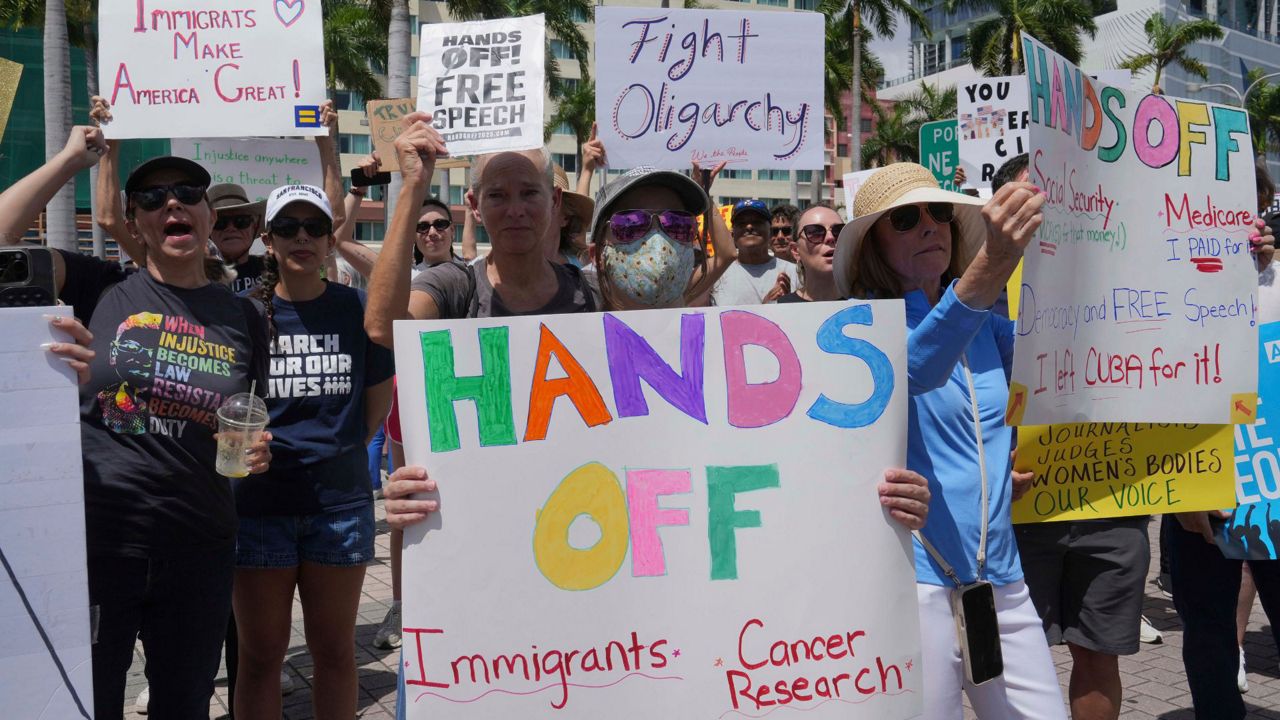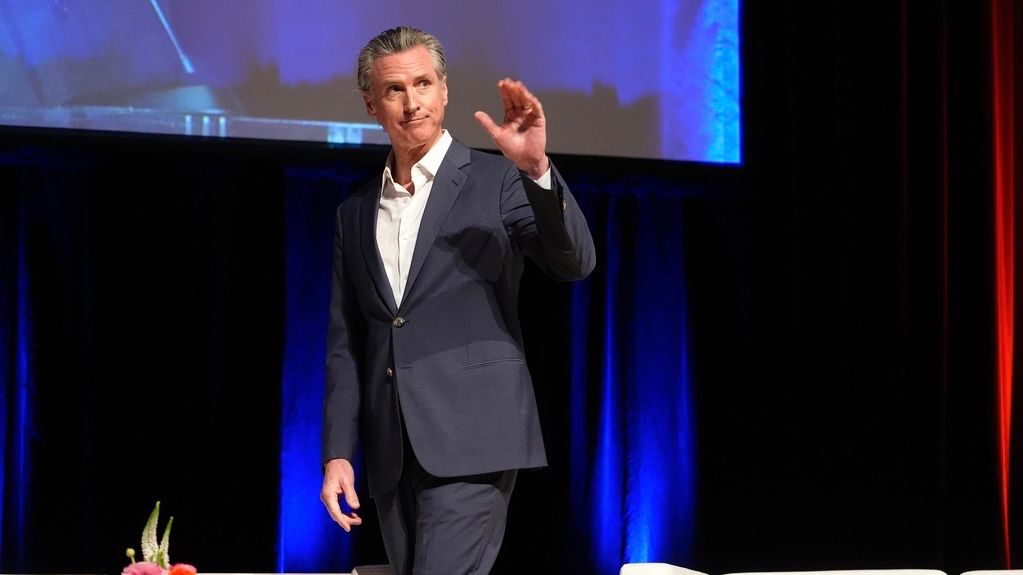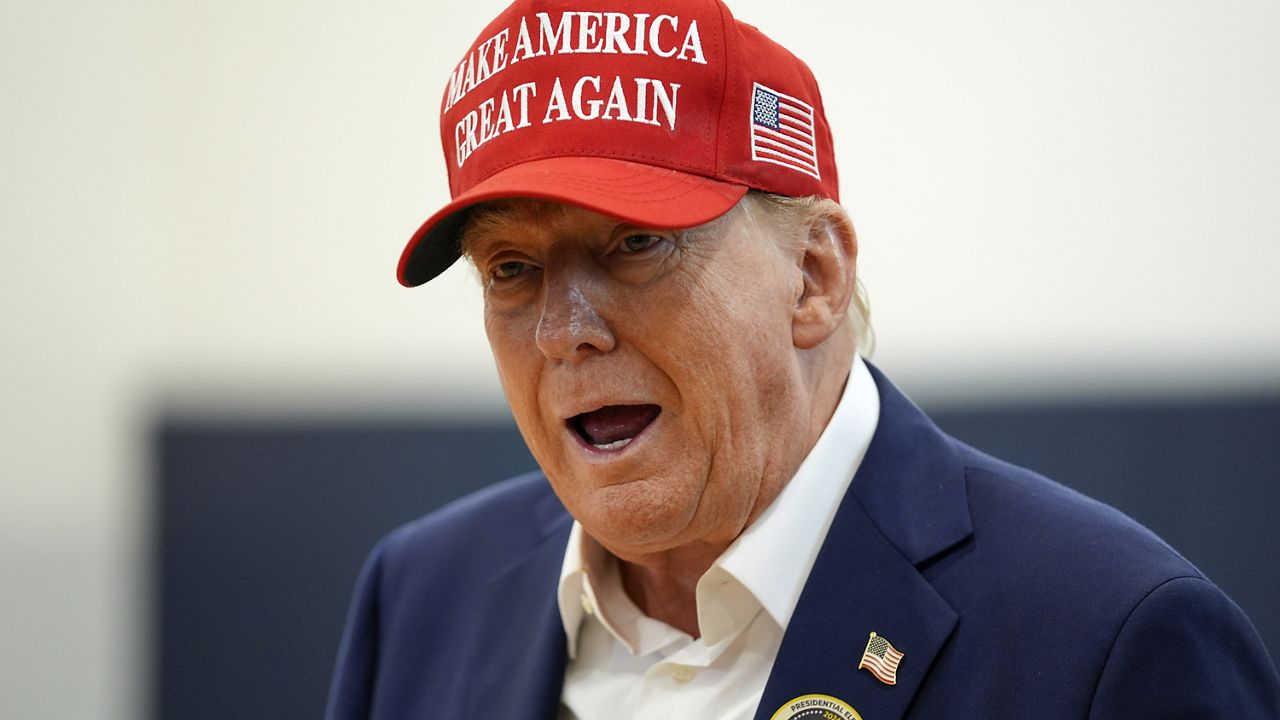The federal deficit will increase by trillions over the next decade, regardless of which candidate wins the White House this November, according to a new assessment from the nonpartisan Committee for a Responsible Federal Budget released Monday.
Burdened by record levels of U.S. debt worsened by high interest rates, Democratic presidential nominee Kamala Harris or Republican presidential nominee Donald Trump will not only face a challenging fiscal environment upon taking office but could contribute to it with their economic policies, the analysis says.
The analysis estimates Trump's policies would increase the deficit by $7.5 trillion, while Harris' would grow it by $3.5 trillion.
“Neither major candidate running in the 2024 presidential election has put forward a plan to address this rising debt burden,” the analysis found.
The analysis also provided ranges for the potential growth of the deficit: If Harris wins, she could increase the federal debt by nothing or as much as $8.1 trillion through 2035. If Trump wins, he could add at least $1.45 trillion or as much as $15.5 trillion in debt.
As the federal deficit grows, so does the risk of slower economic growth, weakened national security and a fiscal crisis, according to the Committee.
For its analysis, the Committee factored in the components of both candidates’ economic plans. For Harris, that included spending increases from expanding the child tax credit, supporting affordable housing and expanding subsidies for the Affordable Care Act, and spending reductions, such as increasing the corporate tax rate and reducing prescription drug costs.
For Trump, that included spending increases from exempting overtime income from taxes, ending the taxation of Social Security benefits and extending his Tax Cuts and Jobs Act, and spending reductions, such as imposing tariffs and reversing energy and environmental policies.
“These findings involve a high degree of uncertainty, mostly due to questions about the details of how candidates’ policies are designed,” the Committee said in a statement of its analysis, which is based on Harris’ and Trump’s stated policies.
Economists that have spoken to Spectrum News have expressed alarm about Trump's tariff proposals and have estimated they would end up costing Americans more.
How some policies are implemented may alter people’s behavior and come with a range of costs, prompting the CRFB to give three possible fiscal outcomes for each candidate.
The Committee said the Harris policies that had the largest levels of uncertainty about their fiscal impacts included her plans to extend the Tax Cuts and Jobs Act for people who earn less than $400,000 per year, fund higher education, support paid leave and childcare and raise taxes on corporations.
The Trump policies that had the largest levels of uncertainty about their fiscal impacts included his plan to extend and modify the Tax Cuts and Jobs Act, end taxes on overtime, increase defense spending, address immigration and increase tariffs, the Committee said.
Harris' campaign says her economic plans would be offset by taxes on corporations and the wealthiest Americans, while Trump's campaign says his proposals would spur growth enough to do the same.
According to the Congressional Budget Office, the national debt is currently 99% of the Gross Domestic Product. It is expected to grow from 102% of GDP at the beginning of 2026 to 125% by the end of 2035. Within three years, the federal deficit will be 106% of GDP — the highest ratio since 1946.
The debt-to-GDP ratio could grow to 125% to 144% of GDP by 2035 under the Harris plan and between 144% and 160% under the Trump plan.










